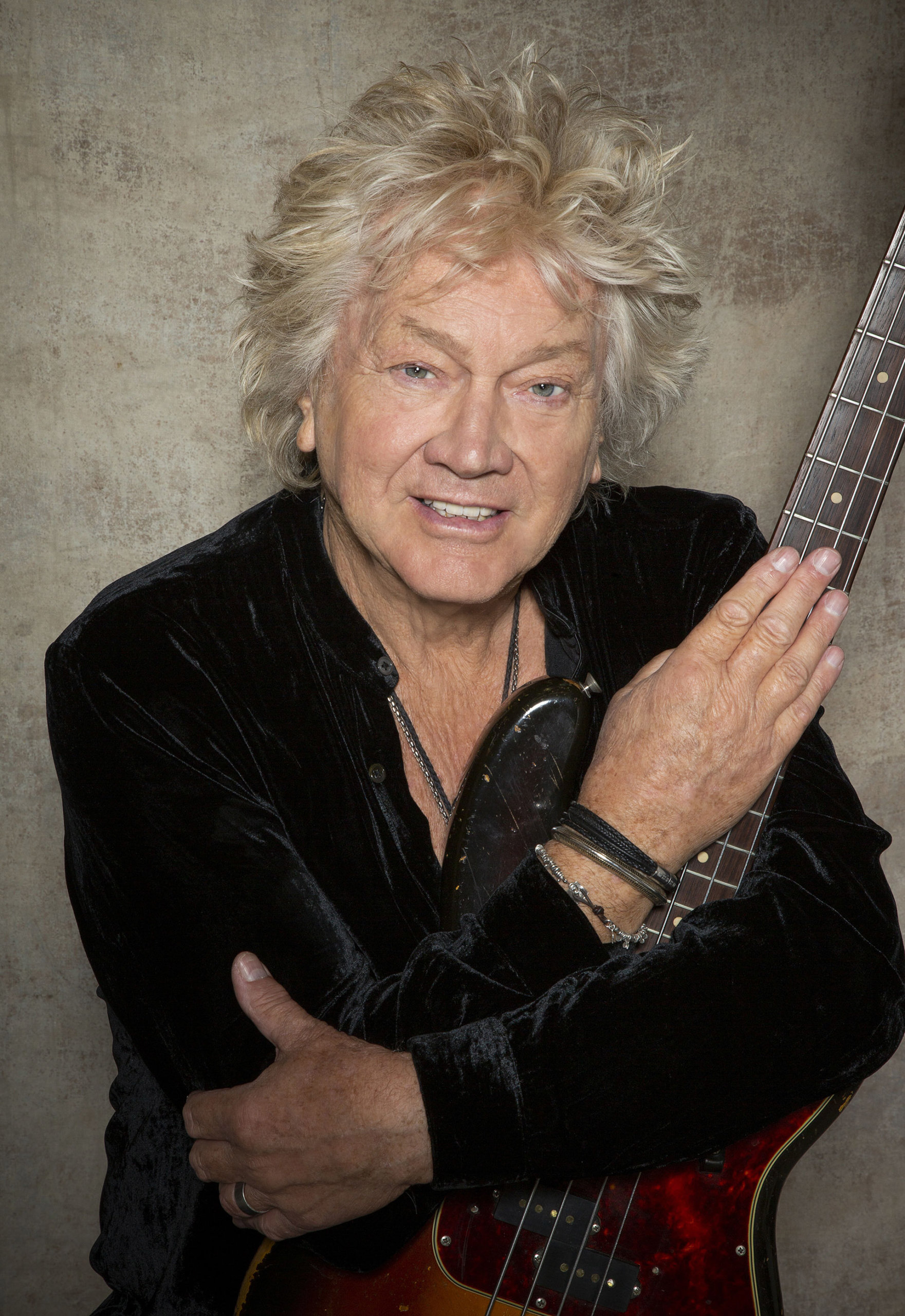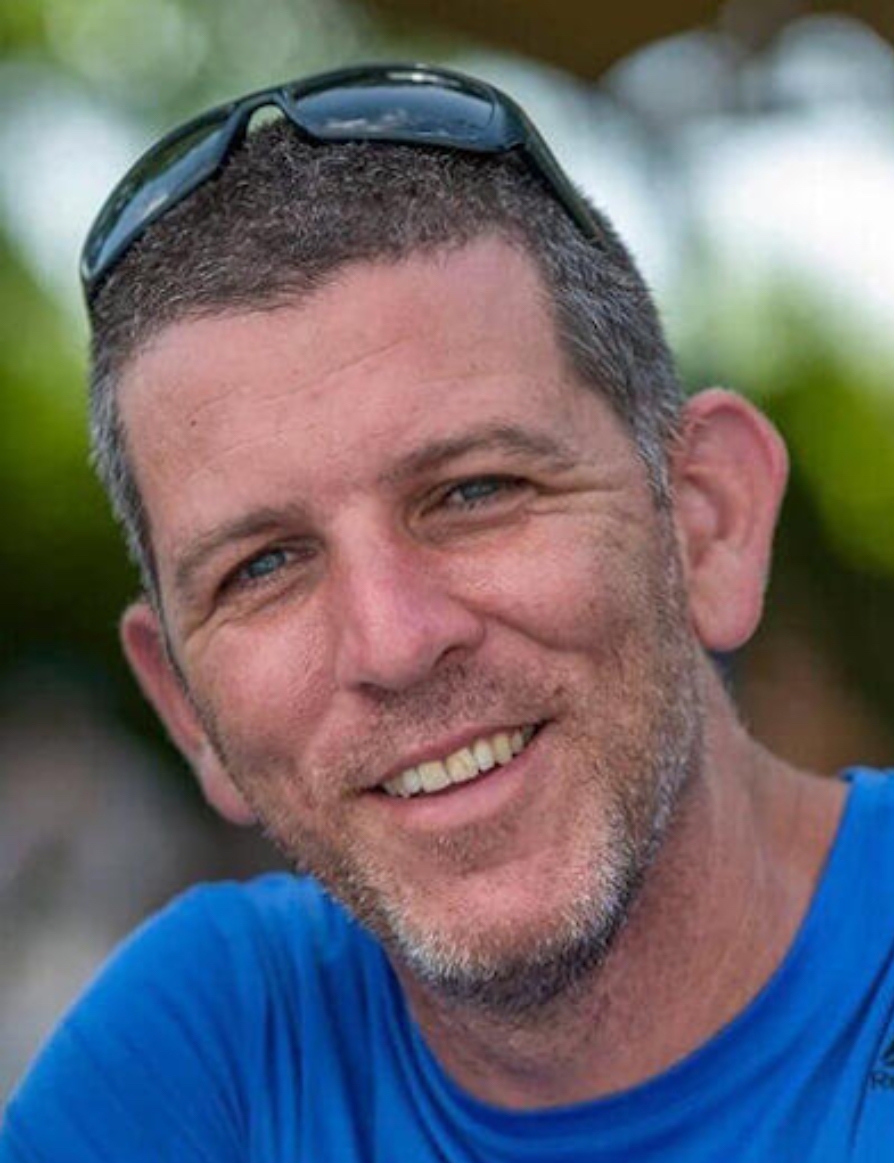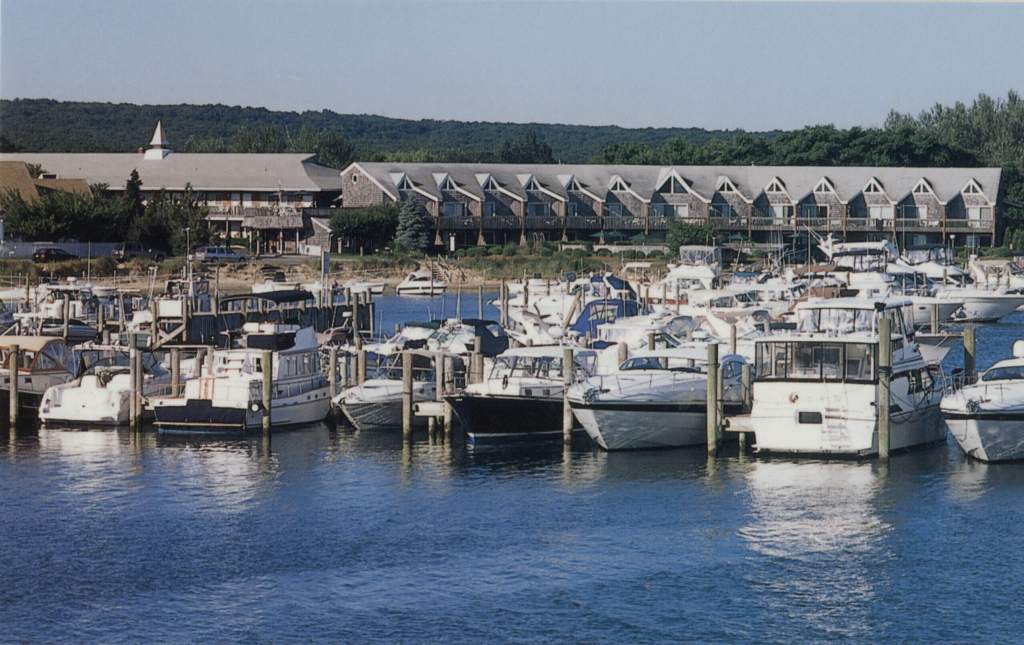Days Of Future’s Future


After a few minutes, John Lodge finally allowed himself to gaze out to the sea of color before him, rippling like massive ribbons, measured not in numbers but in miles.
Barely 25, he is playing a delicate melody on his bass guitar. This is not a rock anthem, played to maximum volume for maximum effect with deafening drums before a delirious crowd of beer chuggers.
It’s not even rock and roll — it’s a melody better suited for a minstrel from a forgotten time.
As the guitarist Justin Hayward picks softly, his soothing voice is barely audible. “Are you sitting comfortably? Let Merlin cast his spell . . .” Hayward sings.
A flute chimes in and then the altered mellotron, its string tapes doubled, is heard, seemingly from another stage. The music, for that moment, sounds like it’s coming from a classical four-piece ensemble, and then it begins to build.
The listeners are transfixed, as in a daze or a dream. There are 700,000 of them, the most ever gathered in one place. And they are being mesmerized by The Moody Blues, about to take off on voyage no one ever conceived of before.
“That was the beauty of our sound. We could play quietly but we were as loaded as any rock band in the world,” Lodge said proudly.
It is the summer of 1970, at the Isle of Wight musical festival. The rock royalty is there, from Jimi Hendrix to The Who. All the performers came to carve out their niche in rock history. But only one band authored and performed this, the fusion of orchestral compositions and rock elements, compositions that simulated an unforgettable journey. “You could hear a pin drop, and then it would take you to the cosmos,” Lodge recalled.
Lodge, a founding member of the Moody Blues, can still do it, and there are still tickets available for listeners to hear it firsthand at the Suffolk Theater in Riverhead on Saturday, March 7.
“We were so young,” Lodge recalled in an interview this week. “We just wanted to perform our music. Our music was everything to us. We really did want to take the listeners on a journey.”
New Horizons
It began in September 1967. The Moody Blues, then a rather nondescript band looking for a hit, were asked by their record company, Decca, to record an adaptation of Antonín Dvořák’s “Symphony No. 9.”
The band focused on a single day, with each member writing about part of it. “We wanted to get people to think laterally, think about what they did with their lives and at the same time to see new horizons.”
“We each had songs. We sat down at a table with one rule: when the song is played here it becomes a Moody Blues’ song.” The record company was totally in the dark as the creative process mushroomed (some say literally).
This was the genius of “Days of Future Passed,” revered today by not only fans but scholars for its visionary concept.
The noted critic Bruce Eder called the album “the defining document of the blossoming psychedelic era.”
The problem was getting people to hear it.
“We couldn’t get them to play it on the radio,” Lodge said, noting the conceptual nature of the recording made each side a seamless listen — but only in its entirety.
Lodge wrote “Peak Hour,” which remains one of the group’s hottest songs on stage as well as “Evening Time to get Away” for “Days Of Future Passed.”
The Moodies turned in a complete album before the record company had even heard the work. It wasn’t what management expected, but the thematic power of the melodies, especially Hayward’s “Nights In White Satin” and “Tuesday Afternoon” were unleashed when the orchestra unfurled the sheets.
These were not one-hit wonders. The next seven albums, called “The Core Seven,” sold 70 million records. Each album stood as its own monument to progressive rock, each completely different than the other. Each themed not in the vernacular of the day but in the timeless scripture found only from forging the past with the future. And of course, there was a lot of psychedelia thrown in.
Something That Happens
Gradually, Mike Pinder, Ray Thomas, and Graeme Edge, the other band mates, stopped touring. Pinder, the master of the mellotron, proved irreplaceable, though the band toured with other iterations afterwards.
“To me, the Mike Pinder bands were the greatest ever. Mike stopped touring and Ray retired and we never really wanted to replace them. We didn’t want some guys who looked like them,” said Lodge.
Norda Mullen, a classically trained flutist, replaced Thomas and still plays with Lodge.
The core of the Moody Blues is Lodge and Hayward. They met in 1966 and have stood beside each other at every show since. “I am always to his left in front of the bass drum. I can feel the snare drums. I have an ear monitor on . . . it’s something that happens. I know what he’s going to do, even if he doesn’t. It just happens. We aren’t two, we are one instrument.”
In February 2017, the remaining members of the band, augmented with Mullen and others, launched a 50th reunion “Days” tour, playing the masterpiece in its entirety with philharmonic orchestras across the country.
“We wanted to give everyone a chance to hear it. We’d come out and play a set, and then do the album note for note. At the end the band would come out again to bring it all back home,” said Lodge.
Alas, what was originally conceived as a reunion tour had to be scrapped when Thomas died at age 76.
The band also took the original album back into the studio for re-tooling. “Originally we used a four-track — actually two four tracks — and passed the music through twice,” Lodge recalled. This time around, the band used state-of-the-art equipment to replicate the original intent of the production.
Both Hayward and Lodge have always maintained solo identities as well.
As Lodge brings his band to Riverhead, he will likely perform “Ride My Seesaw,” “I’m Just A Singer (In a Rock and Roll Band),” “Isn’t Life Strange,” and the other hits he penned for the Moodies.
He headlines the Rock Romance cruise with Cheap Trick and America, embarking from Miami for a week on February 15 to the Caribbean — and perhaps, far-away forgotten lands. Pinder wrote, “Thinking is the best way to travel and that’s true,” Lodge said.
By the way, The Moody Blues and Lodge not only penned a song about LSD guru Timothy Leary (“Legend of a Mind”), they traveled with him — literally and figuratively. “He used to come on stage and play tambourine,” Lodge recalled.
As for the next Moody Blues experience, Lodge is open ended. Rumors swirled that Hayward had vowed to stop touring. “Well, he hasn’t told me and I’m his best friend,” Lodge said with a laugh.
Lodge is a member of the Rock & Roll Hall and Songwriters Hall of Fame. For tickets to the March 7 show, call 631-727-4343 or visit www.suffolktheater.com.
rmurphy@indyeastend.com



